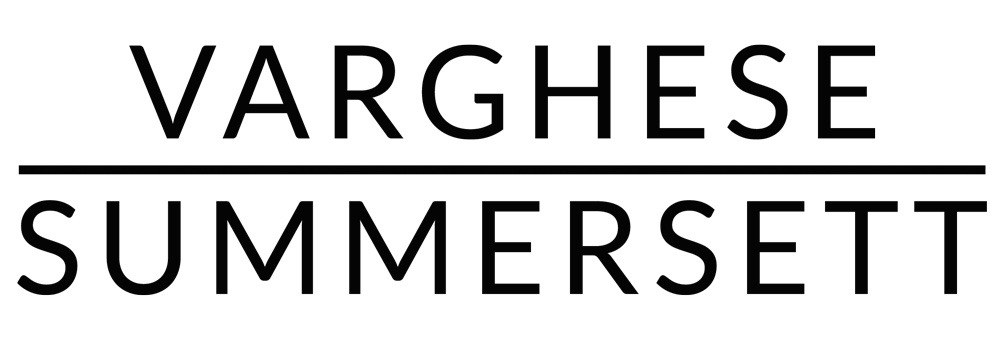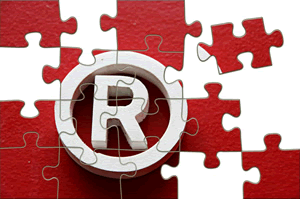Evidence
What does Evidence mean?
Evidence is information which is presented at trial by either the defense or prosecution teams. Evidence can be direct, such as eye-witness testimony from a witness who saw the crime first-hand, or indirect evidence, such as testimony from an expert witness, who was not at the crime scene. Documentary evidence can include charts, displays, or models which can help the jury understand the case or it can include circumstantial evidence and real evidence such as fibers, hair, weapons and any other physical objects. Evidence is generally presented in its original form and is gathered not only in court but also in the discovery phase of the trial.
U.S. Federal Courts have evidentiary rules called Federal Rules of Evidence (FRE) which they must follow. State courts follow their own rules for evidence collection which have been created by the various state legislatures. If the evidence is in dispute the courts have guidelines to determine if the evidence should be presented in court.
Lawyers near
Term of the Day
Extension Request
An extension request refers to a request by an applicant to the United States Patent and Trademark Office for additional time to complete the Statement of Use for the registration of a trademark.
Category: Trademarks






